Pulmonary, Allergy, Critical Care and Sleep Medicine Faculty
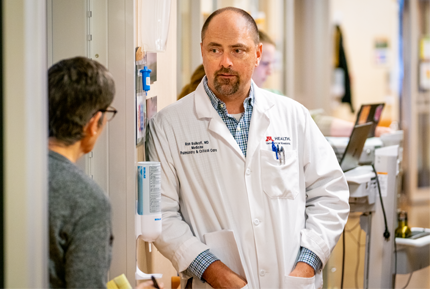
PACCS intensivists care for critically ill patients and teach medical trainees in three different hospitals in the Twin Cities. We also provide tele-ICU services to six other M Health-Fairview hospitals.
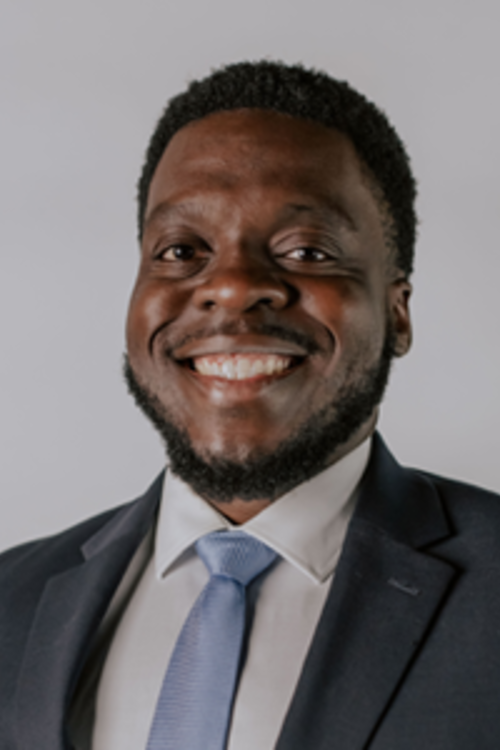
Assistant Professor of Medicine, Division of Pulmonary, Allergy, Critical Care and Sleep Medicine

Assistant Professor of Medicine, Division of Pulmonary, Allergy, Critical Care and Sleep Medicine

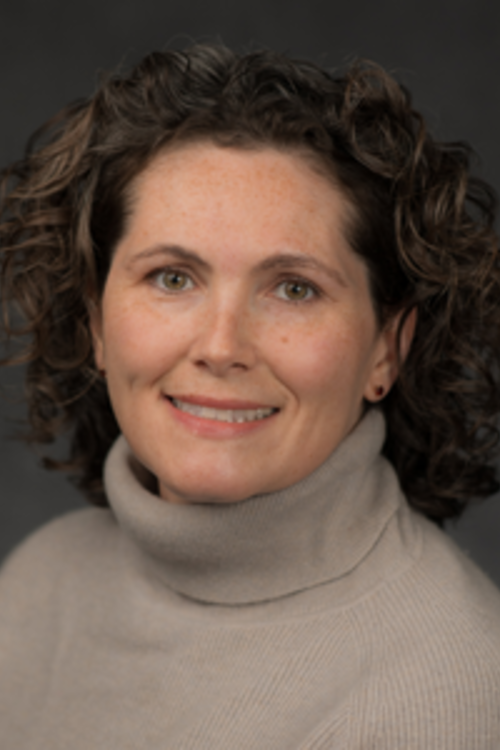
Associate Professor of Medicine, Division of Pulmonary, Allergy, Critical Care and Sleep Medicine
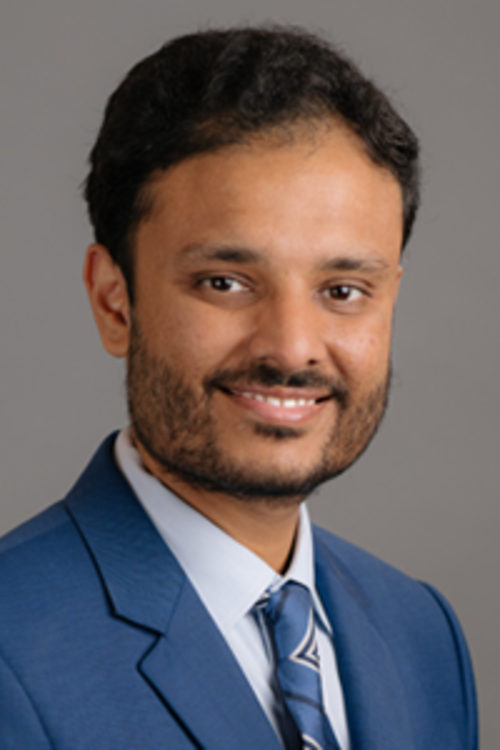
Assistant Professor of Medicine, Division of Pulmonary, Allergy, Critical Care and Sleep Medicine




Assistant Professor of Medicine, Division of Pulmonary, Allergy, Critical Care and Sleep Medicine


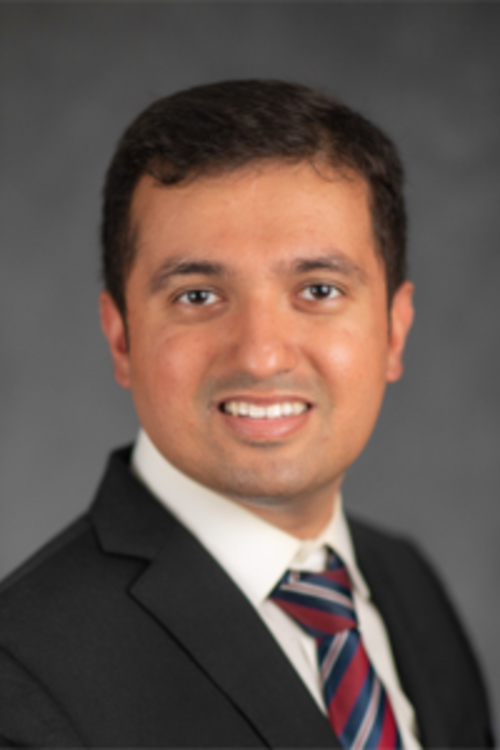
Assistant Professor of Medicine, Division of Pulmonary, Allergy, Critical Care and Sleep Medicine

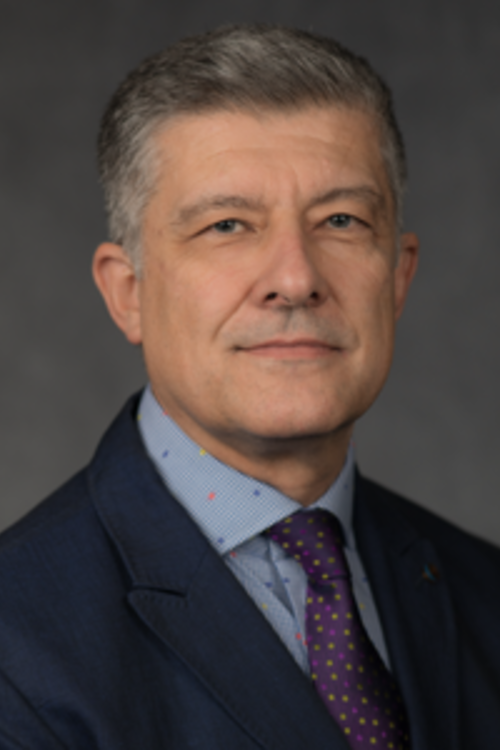





Professor of Medicine (Emeritus), Pulmonary, Allergy, Critical Care and Sleep Division
